By Alan McGuinness, news reporter
Supreme Court nominee Brett Kavanaugh denied sexual assault allegations during a dramatic marathon hearing in front of a Senate committee on Thursday, which also heard powerful evidence from one of his accusers.
Here is what you need to know about a story that has transfixed the US and could have wide-reaching implications for the country for years to come.
:: Who is Brett Kavanaugh?
The federal appeals court judge has been picked by Donald Trump to fill a seat on the Supreme Court, the highest court in the United States.
He was seen as a front-runner from the beginning due to his strong conservative credentials and links to the Republican establishment.
The 53-year-old, a Yale graduate and devout catholic, was an aide to former president George W Bush and a former investigator of his predecessor, Bill Clinton.
:: What has he been accused of?
Christine Blasey Ford, a university professor, has accused Mr Kavanaugh of sexually assaulting her when the pair were in high school.
Another woman, Deborah Ramirez, says Mr Kavanaugh exposed himself to her at a drunken party during their time together at Yale.
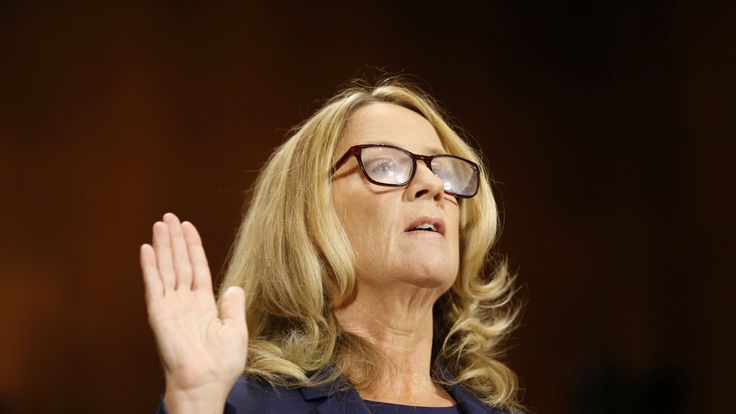
A third woman, Julie Swetnick, claims she saw him and others trying to get girls drunk at parties so they could be raped. She alleges Mr Kavanaugh was at a party in 1982 where she was raped.
Democrats have called for Mr Kavanaugh to withdraw in light of the allegations and say an FBI investigation is needed before a final confirmation vote in the Senate.
Mr Kavanaugh – who has made clear he will not be stepping aside – denies the allegations.
:: What happened in Congress?
Thursday's hearing of the Senate judiciary committee was the first time the US public had heard from Dr Ford since she came forward to tell her story.
During an emotional testimony, she said she came forward not for political reasons, but because it was her "civic duty".
Dr Ford said a drunken Mr Kavanagh and another teenager, Mark Judge, locked her in a room at a house party as Mr Kavanaugh groped her.
She told the committee she feared Mr Kavanaugh would rape and accidentally kill her during the alleged assault at a house in Maryland in 1982, when she was 15 and he was 17.
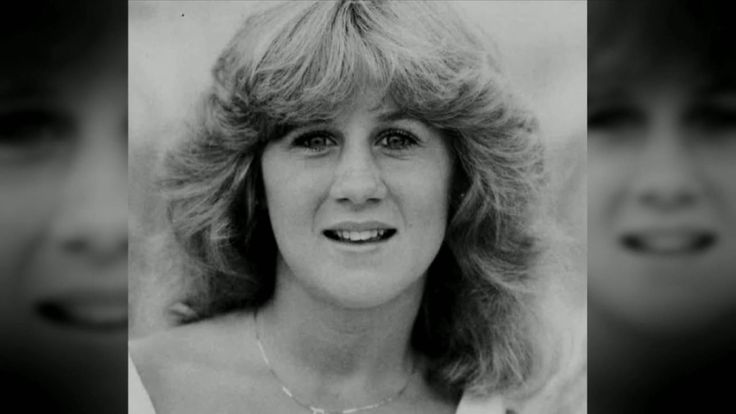
She said she was "100%" certain a drunken Mr Kavanaugh had pinned her to a bed, tried to remove her clothes and clapped a hand over her mouth as she tried to yell for help.
She also described "uproarious laughter" by Mr Kavanaugh and Mr Judge, whom she said was also involved in the alleged incident in a locked bedroom.
Fighting back tears, Dr Ford told the hearing: "The details about that night that bring me here today are the ones I'll never forget.
"They have been seared into my memory and have haunted me episodically as a result."
:: What did Brett Kavanaugh say in response?
Mr Kavanaugh described the hearing as a "circus" and said he had faced a "grotesque and coordinated character assassination".
"I categorically and unequivocally deny the allegation by Dr Ford," he said.
"I've never sexually assaulted anyone, not in high school, not in college, not ever. I am innocent of this charge."
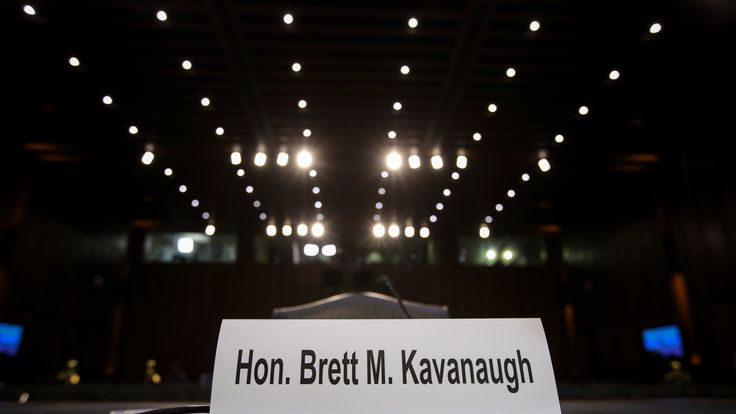
Mr Kavanaugh fought back tears as he told the hearing his 10-year-old daughter had said their family should pray for his accuser.
"My family has been destroyed by this," he said.
Mr Kavanaugh said he would not be "intimidated" into withdrawing his candidacy, describing the confirmation process as a "national disgrace".
"This whole two-week effort have been a calculated and orchestrated political hit fuelled with apparent pent-up anger about President Trump and the 2016 election," he said.
:: What has Donald Trump said?
Ahead of Thursday's hearing, the president said he believed the allegations were untrue, but said he was open to changing his mind if Dr Ford's testimony was compelling.
Mr Trump watched the hearing on board Air Force One as he returned to Washington from the United Nations in New York.
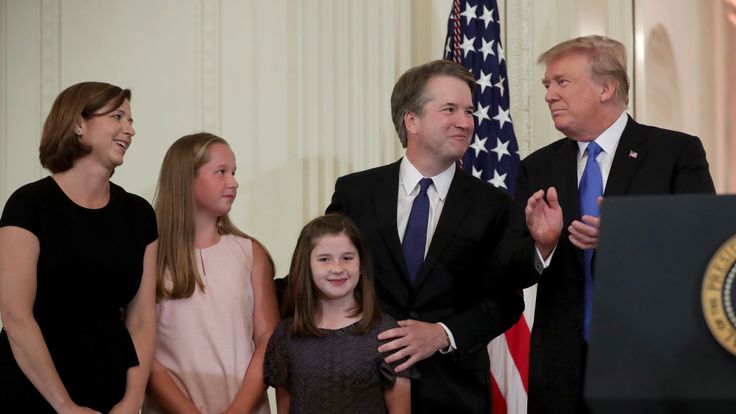
As the hearing ended, he tweeted: "Judge Kavanaugh showed America exactly why I nominated him.
"His testimony was powerful, honest, and riveting.
"Democrats' search and destroy strategy is disgraceful and this process has been a total sham and effort to delay, obstruct, and resist. The Senate must vote!"
:: Why is the story significant?
The #MeToo movement has seen women come forward to speak of their experiences of sexual assault and sparked a wider conversation about sexism in society and how men treat women.
Within this context, many see the case as a litmus test to gauge if society has changed – and whether women will be believed when they speak out.
But others say the case is an example of one person's word against another – and if it costs Mr Kavanaugh a place on the Supreme Court then it will set a dangerous precedent.
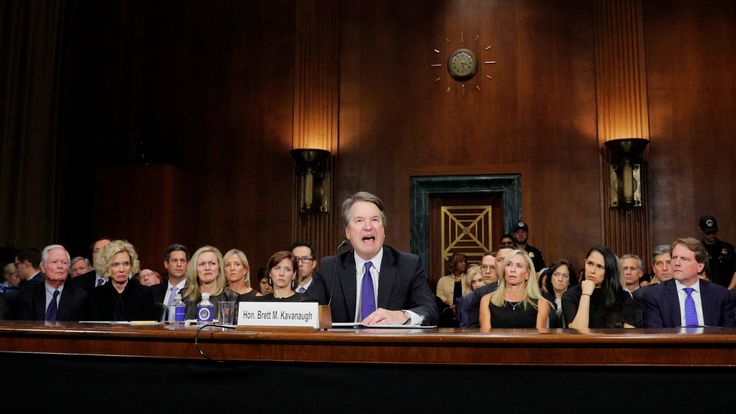
In the minds of Americans of a certain age, the case will also evoke memories of the confirmation of another Supreme Court judge, Clarence Thomas, in 1991.
He was confirmed despite being accused of sexual harassment by Anita Hill, an allegation he denied.
The treatment of Ms Hill provoked controversy – and is seen as contributing to a rise in the number of women elected to Congress in the midterms the following year.
:: What about the effect on the Supreme Court itself?
Nominating someone to the Supreme Court is a choice that is not afforded to every occupant of the Oval Office, so when it comes along the implications are significant.
It is comprised of a chief justice and eight associate justices, who rule issues like abortion, gay rights and the death penalty.
So they have the power to irrevocably influence American society.
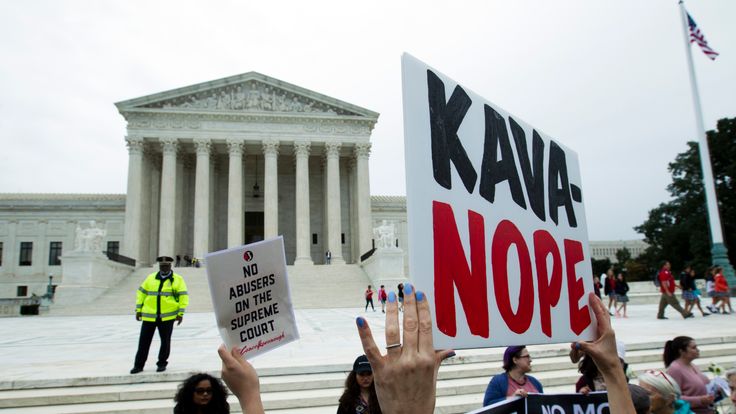
Think Roe v Wade, which established a women's legal right to an abortion. Or Brown v Board of Education, which ruled racial segregation in schools was unconstitutional.
Mr Trump has already appointed one conservative justice to the court – Neil Gorsuch was confirmed in April 2017 – and if Mr Kavanaugh is successfully confirmed it will mean a conservative majority on the court for the first time in 30 years.
And with cases on abortion rights, immigration, gay rights, voting rights and transgender troops potentially being heard before the court soon, a conservative ascendancy could establish legal precedent on a number of important issues.
:: What happens next?
Republicans remain determined to move forward, with the Senate Judiciary Committee set to hold a vote on Friday on whether to recommend Mr Kavanaugh for confirmation.
The GOP expect to win the vote, as it has 11 members on the committee, compared to 10 Democrats.
But in the Senate chamber itself, things are much more uncertain.
Given the congressional arithmetic (the Republicans have 51 senators to 49 for the Democrats) just two GOP senators need to oppose Mr Kavanaugh to sink his nomination.
More from Donald Trump
A number of Republicans have not said which way they will vote, including two women with reputations as moderates who have been willing to defy their party in the past – Susan Collins (Maine) and Lisa Murkowski (Alaska).
The vote is expected to take place next week.
[contf] [contfnew] 
Sky News
[contfnewc] [contfnewc]






